How to Choose the Right Telecommunications Engineering Company for Your Project

Choosing the right telecommunications engineering company is a critical decision for any telecom enterprise. Whether the goal is to design a new network, expand existing infrastructure, or enhance operational efficiency, selecting a reliable engineering partner has a direct impact on project success. This blog outlines how to evaluate potential providers based on experience, technical capabilities, […]
What Is Telecommunications Network Reconciliation?
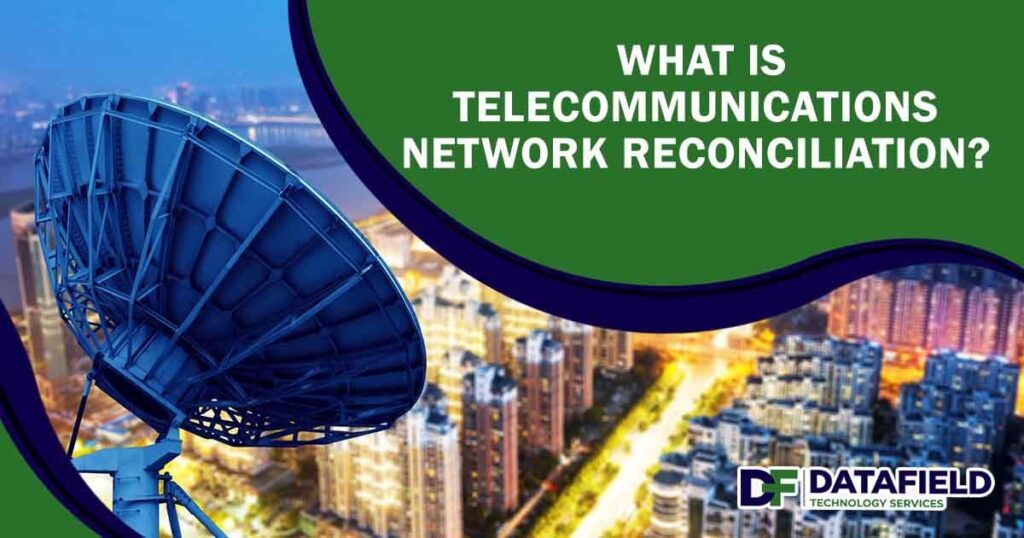
Telecommunications network reconciliation is a critical process that ensures the accuracy and alignment of physical and logical network data. In the telecom industry, network infrastructure data is often spread across multiple systems, including inventory databases, geographic information systems (GIS), and operational support systems (OSS). Over time, discrepancies can arise due to manual updates, system migrations, […]
Why Wireline Isn’t Dead: Future-Proofing in the Age of 5G

The rapid growth of 5G and wireless technologies has led some industry professionals to believe that wireline network infrastructure is becoming obsolete. However, this view overlooks wireline systems’ foundational role in today’s digital ecosystem. While wireless technologies are expanding access and flexibility, they still rely heavily on the reliability, speed, and capacity of physical fiber […]
How BEAD and RDOF Funding Affect OSP Fiber Engineering in Rural Areas
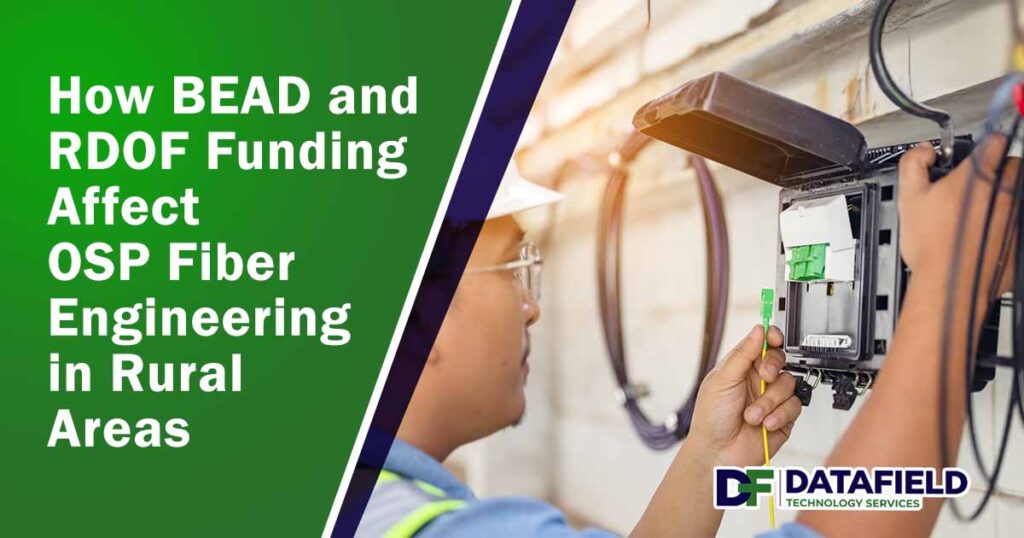
Expanding broadband infrastructure in rural areas has been a long-standing challenge. Still, initiatives like the BEAD (Broadband Equity, Access, and Deployment) and RDOF (Rural Digital Opportunity Fund) funding programs are helping to address this gap. These federal programs provide essential funding to support broadband deployment in underserved areas, offering a critical opportunity for rural telecom […]
Redundancy & Disaster Recovery for Telecom Networks
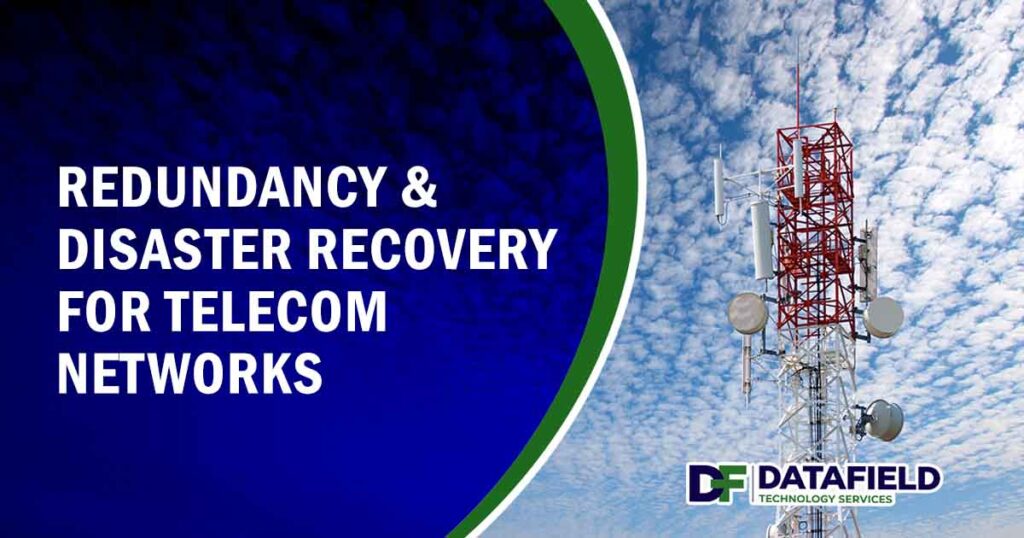
The High Cost of Network Downtime Financial Impact on Businesses Network downtime disrupts business operations and leads to revenue loss. Telecom networks that lack redundancy and disaster recovery measures face higher operational costs due to emergency repairs and delayed services. Businesses that rely on uninterrupted connectivity, such as financial institutions and healthcare providers, are especially […]
Comparing Single-Mode vs. Multi-Mode Fiber: Choosing the Right Solution for Your Network

Fiber optic technology is essential for modern networking, offering high-speed data transmission with minimal signal loss. Businesses and IT professionals must choose between single-mode and multi-mode fiber when selecting fiber optic cables. Each type has distinct advantages based on speed, distance, and cost. Understanding these differences helps network engineers, telecom professionals, and IT managers make […]
Ultimate Guide to Telecom Infrastructure in 2025
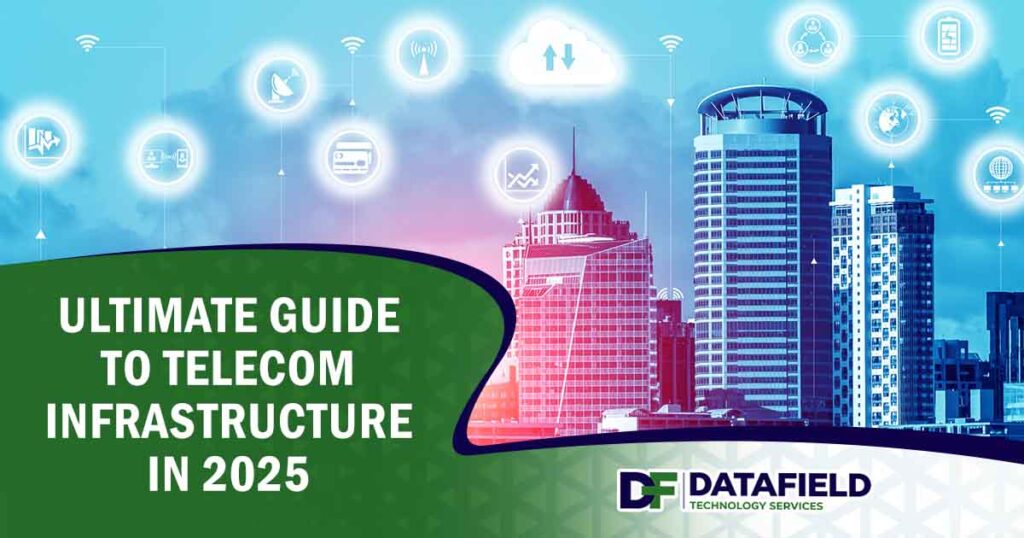
The Evolution of Telecom Infrastructure in 2025 Telecom infrastructure is undergoing rapid transformation driven by technological advancements, increased data consumption, and new regulatory requirements. In 2025, network operators, IT infrastructure managers, and telecom executives must adapt to emerging trends to maintain efficiency and competitiveness. Key developments include the expansion of 5G, the rise of edge […]
Understanding Fiber Deployment Cost: Key Factors & Considerations
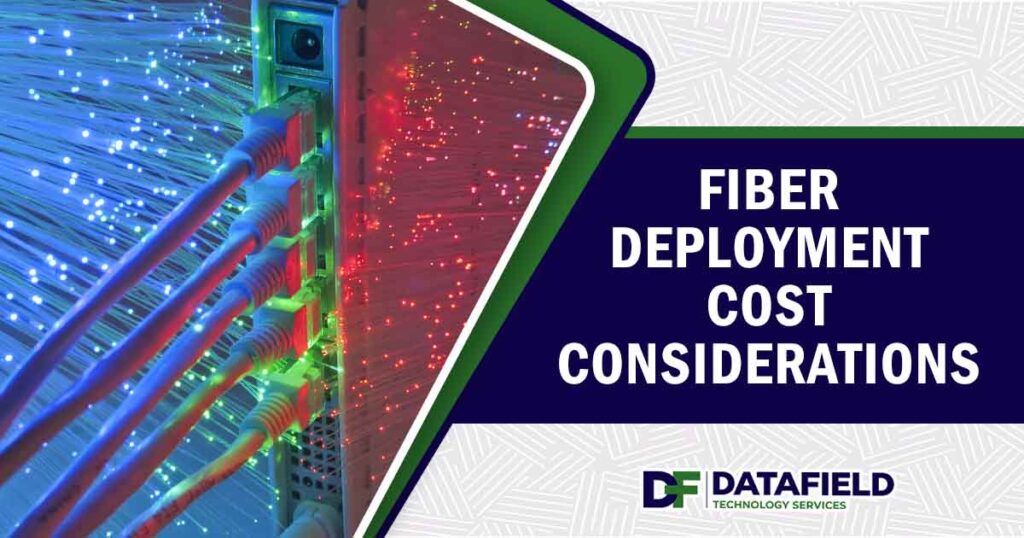
The Importance of Fiber Network Deployment Fiber-optic networks are essential for high-speed data transmission, supporting telecommunications, enterprise IT, and broadband expansion. As demand for reliable connectivity grows, businesses and service providers must assess the cost of fiber deployment. Understanding the factors that influence fiber deployment cost helps in budgeting, decision-making, and optimizing investments in fiber […]
Regulatory & Compliance Considerations for Network Upgrades
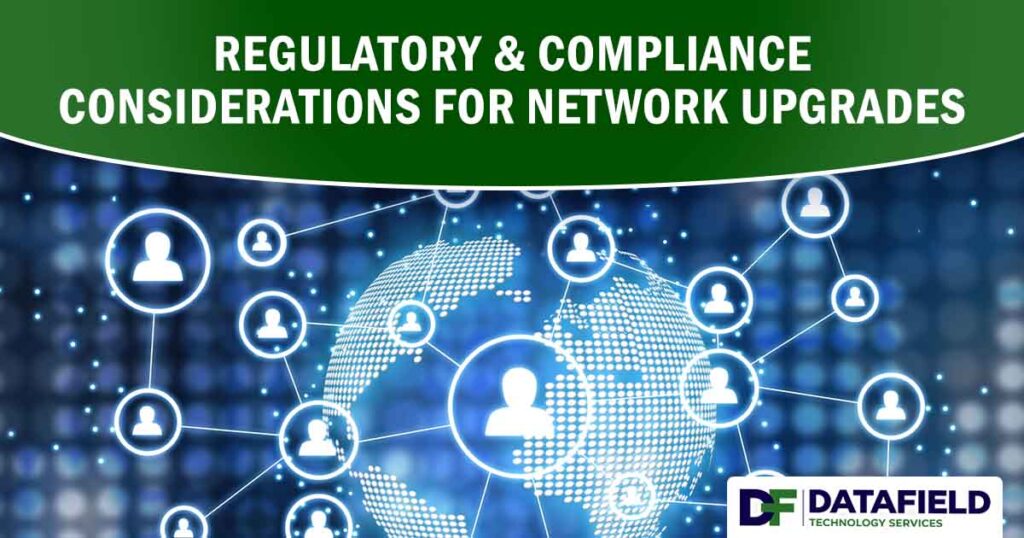
Understanding Network Compliance for Upgrades Network compliance for upgrades is a critical factor in modernizing telecom infrastructure. Businesses and municipalities must ensure their network improvements align with federal, state, and local regulations. Non-compliance can result in legal penalties, project delays, and security vulnerabilities. Regulatory bodies like the Federal Communications Commission (FCC) establish guidelines to maintain […]
How Smart EV Chargers Improve Grid Efficiency

Smart EV chargers are crucial in improving grid efficiency by optimizing power use and reducing strain on electrical infrastructure. As electric vehicle (EV) adoption increases, energy demand rises, creating challenges for power grids. Innovative charging helps balance power loads, lower energy costs, and enhance grid stability. Businesses, municipalities, and fleet operators can benefit from implementing […]

